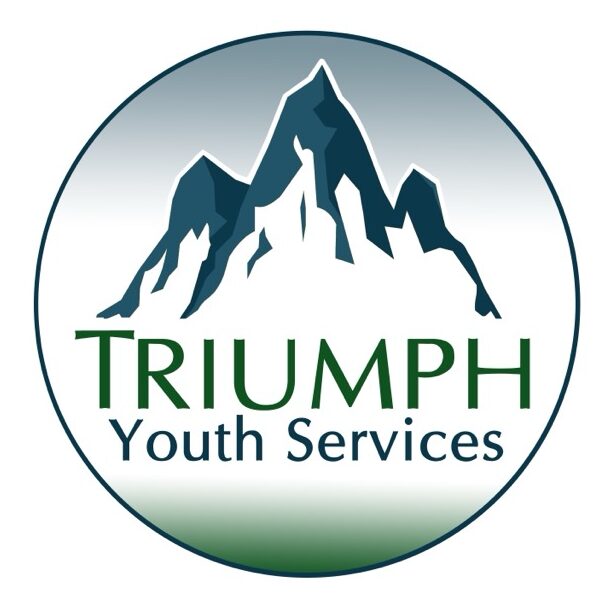What is Post Traumatic Stress Disorder? The American Psychiatric Association, Diagnostic and Statistical Manual of Mental Disorders (DSM-IV) defines Post Traumatic Stress Disorder as a severe anxiety disorder in which a person is exposed to a traumatic event where:
- The person experienced or witnessed or was confronted with an event or events that involved actual or threatened death or serious injury, or a threat to the physical integrity of self or others; and,
- The person’s response involved intense fear, helplessness, or horror.
Some Causes of PTSD
- War
- Natural Disasters
- Sexual Abuse
- Unexpected death of a loved one
- An accident
- Assault
Symptoms of PTSD often are grouped into three main categories (taken from WebMD)
- Reliving: People with PTSD repeatedly relive the ordeal through thoughts and memories of the trauma. These may include flashbacks, hallucinations, and nightmares. They also may feel great distress when certain things remind them of the trauma, such as the anniversary date of the event.
- Avoiding: The person may avoid people, places, thoughts, or situations that may remind him or her of the trauma. This can lead to feelings of detachment and isolation from family and friends, as well as a loss of interest in activities that the person once enjoyed.
- Increased arousal: These include excessive emotions; problems relating to others, including feeling or showing affection; difficulty falling or staying asleep; irritability; outbursts of anger; difficulty concentrating; and being “jumpy” or easily startled. The person may also suffer physical symptoms, such as increased blood pressure and heart rate, rapid breathing, muscle tension, nausea, and diarrhea.
Treatment for Post Traumatic Stress Disorder includes psychotherapy and sometimes medication for anxiety or depression. PTSD affects a person’s ability to cope. The goal of therapy is to teach PTSD sufferers how to cope effectively with their symptoms and manage their feelings related to the trauma. Triumph Youth Services uses a Cognitive Behavioral Therapy (CBT) in individual therapy combined with group and family therapy to treat each youth’s issues. CBT is effective in teaching victims of PTSD how to reduce emotional and physical symptoms and manage fear related to the trauma. In addition to the therapy, the Positive Peer Culture utilized in Triumph Youth Services facilities help the youth process their issues and build skills for their own personal progress. This includes consistent group counseling and peer mentoring, which are crucial for helping teens learn appropriate behaviors and change thinking patterns. Our staff members are trained and encouraged to be effective leaders by serving as teachers or coaches who hold the young men responsible for working on problems and to act as limit setters and good listeners. The clinicians at Triumph Youth Services are highly trained and have extensive experience working with adolescent youth. Our clinicians are licensed and approved as mental health professionals to provide individual, group and family therapy. Call Triumph Youth Services. We are here to help. 
